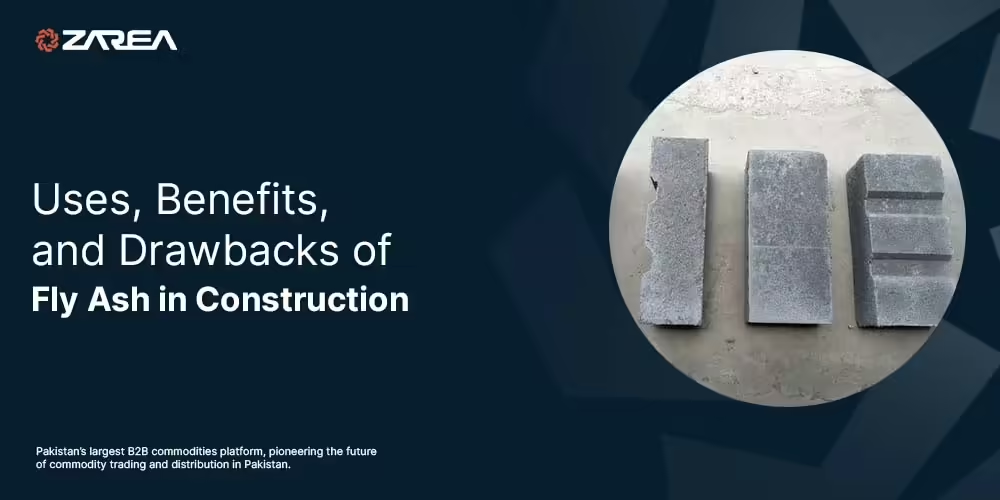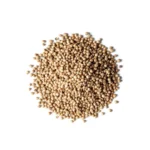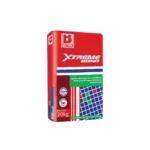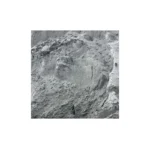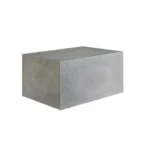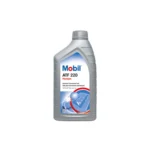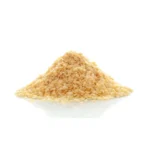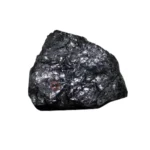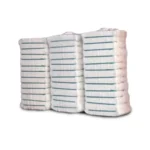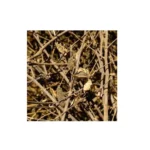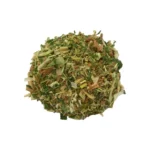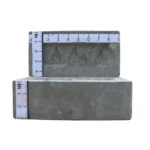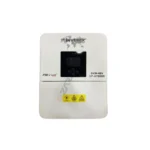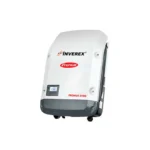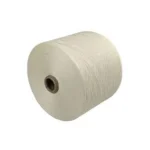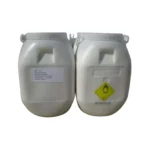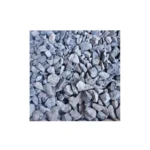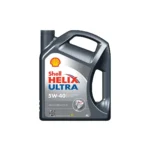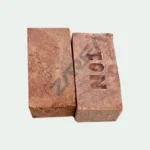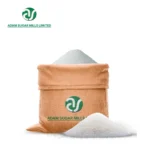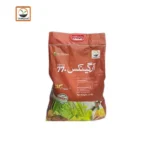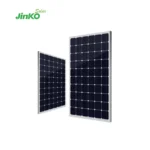Concrete is a major building material extensively used in the construction industry. This is quite evident from statistics which state that more than 10 billion of concrete is produced per annum. One of the reasons for this popularity of concrete is that it is a highly durable construction material as compared to its counterparts. It is moldable and has good strength. Due to this, concrete can adapt to almost every specification of architecture and construction. This readily available construction material is incombustible and cost-efficient.
With rapid urbanization all over the world, the demand for construction materials is ever-growing. This comes with its own challenges and one of the major challenges is the issue of depletion of resources. In this case, sustainability has become a serious concern for manufacturers and engineers alike. The more limited the resources become, the higher the costs of construction materials. In the wake of this sustainability crisis, engineers are seeking alternate resources.
One of the biggest steps taken in this regard is to minimize wastage and bring waste materials into utilization. That’s what brings us to our topic. Zarea.pk is back with its insights and in this article, you are going to find out all the important details about Fly Ash. Without further ado, let us explore!
What is fly ash?
Fly ash is a supplementary material that is cementitious in nature. It is used in the production of portland cement concrete. Fly ash is formed as a result of the combustion of pulverized coal that takes place in electric power plants. Due to higher levels of production capacities of plants, a greater amount of fly ash is produced as waste. In simple terms fly ash is a waste material.
Dumping it, especially in dry landfills can cause several environmental problems including land pollution and water pollution. It can also result in the destruction of the flora and fauna of the surroundings. However, this practice is not commonly observed due to practical reasons. Fly ash has been used in the construction industry for more than a half-century. But the scope of its application is quite limited due to a limited understanding of its utilization and benefits.
What is fly ash made up of?
Fly ash consists of alumina, ferric oxide, and silica. All these materials are hazardous and can cause ecological disruption if disposed of. This is why proper utilization of fly ash is necessary. Many countries across the globe utilize this residue material for construction purposes. Since this material is oxide-rich, it can be successfully used for various construction purposes. Fly ash is used in manufacturing bricks, ceramic, road construction, and manufacturing concrete. You Can Buy Online Fly Ash Bricks in Pakistan 2024.
Applications of Fly Ash
The major area of application of fly ash in concrete production. Fly ash uses for concrete production has both economic, ecological, and technical advantages. Fly ash is a pozzolanic material, extensively used in the cement industry as well. Since fly ash consists of silica and alumina, it is the main component in manufacturing Portland Pozzolana Cement. Partially, fly ash can also be used as a cement replacement because it can be used as an admixture to the concrete mix. Significant amounts of both the cost and energy can be saved by using fly ash as a component of blended cement.
According to some estimates, using fly ash as a cement replacement can go up to 75%.
Geopolymer concrete with fly ash is one of the latest cement replacements being used in the construction industry. Geopolymer concrete has high compressive strength, low shrinkage level, and acid resistance. Usually, fly ash is used in blended cement but it can also be used in high-strength precast and prestressed concrete.
Fly ash can also replace normal aggregates. It can be used to produce lightweight aggregates by using fire or cold bonded processing techniques. It can prove very cost-efficient in this regard. The aggregates prepared with fly ash are lightweight due to the presence of air voids. It reduces the dead load of the concrete structure.
Another application of fly ash is the construction of embankments and roads.
Using fly ash in road and embankment construction has many benefits as compared to the traditional method. It not only saves the top soils but also the creation of low-lying areas is not likely. When it comes to road construction, fly ash is used for filling bases including sub-base. It is also used for filling and stabilizing purposes.
For embankments, fly ash is used as a filling material. However, the concern of water contamination poses a serious question of its usage. However, there are some methods that reduce the risk. These methods include compaction, grading, and surface water control. If the fly ash is well-compacted, it has a better shear strength as compared to other types of soils used in the earth-fill operation. The permeability and moisture dentistry of fly ash is fairly high. These characteristics make fly ash suitable for landfilling and land development work.
If fly ash is used separately or combined with lime, it can work wonders for weak soils. It will not only improve their workability but will also reduce their plasticity and increase their strength. When it comes to the construction of sub-base courses or bases for pavement, fly ash can be used with lime, portland cement, and aggregate. Concrete that has higher quantities of fly ash is proportioned to meet set standards of strength and durability for road pavement.
Fly ash also has some scope in the brick industry.
It is used in manufacturing fire, unfired, and steam cured bricks. When compared to burnt clay bricks, fly ash has a number of advantages it. Fly ash brick can not only be used as an alternative but also it is most cost-efficient and environmentally friendly.
Fly ash pipes are another application of fly ash. These pipes are more water-tight. Fly ash pipes are relatively more resistant to weak acids and sulfate attacks than cement concrete pipes. Other applications of fly ash include:
- Ceramics
- Railroad tiles
- Fence posts
- Electric line insulators
Types of Fly Ash
Two of the most common types of Fly Ash are Class C and Class F. Let us take a look at the differences of both these types.
Class C Fly Ash
Class C fly ash has high resistance to chemical attack. It has a significant percentage of calcium oxide as compared to Class F. The calcium-rich Class C fly ash is used in structural concrete. It has a carbon content less than 2 percent. The dosage rate of Class C fly ash is 15 to 40 percent. This class of fly ash has both cementitious and pozzolanic properties.
Class F Fly Ash
The particles of Class F are covered with melted glass. This characteristic minimizes the risk of expansion due to sulfate attacks. The carbon content in Class F fly ash is usually less than 5 percent but it can reach up to 10 percent. Class F has a low calcium level as compared to Class C. The dosage rate of Class F is 15 to 25 percent. This class of fly ash has pozzolanic properties.
As we have gone through the applications and types of fly ash, let us explore the effects of fly ash on the properties of fresh concrete, hardened concrete, and the overall durability of concrete.
Effects on properties of Fresh concrete, Hardened concrete, and its Durability
- Using fly ash with high fineness and low carbon content reduces the water demand of concrete. 10% of fly ash can reduce water demand by up to 3%.
- Concrete with fly ash flows and consolidates much better than ordinary PPC.
- Fly ash enhances cohesiveness and reduces the segregation of concrete.
- Fly ash reduces the rate and amount of bleeding of concrete.
- In summer, the span of time of retardation due to fly ash is less.
- Winters, using high levels of fly ash as a replacement can lead to both significant initial and final delays.
- Mass concrete construction, fly ash reduce the rate of heat production and internal temperature of concrete. Usually, a high level of Class C fly ash is used for this purpose.
- Class F fly ash significantly enhances long-term strength development.
To conclude, it can be sufficed that most elements which early-stage strength requirements of the project entail can be met through fly ash by ensuring appropriate moisture curing. For flatwork, it is mostly dictated by various finishing requirements.
To learn more about different construction materials, construction material prices, and to stay up-to-date about the construction industry, visit Zarea.pk blog is the best construction blog in Pakistan.
Zarea.pk ensures that it provides high-end construction materials with unmatched quality. Our online platform’s construction materials have the best base materials prepared from the most precise methods. The companies we have on-board assert a high capacity of manufacturing. We ensure that each enlisted company has a standard compliance certificate that verifies the quality, quantity, and specifications of their construction materials. This is why you will find the construction materials at Zarea.pk are from top-notch brands.
Now you can shop online all the high-quality construction materials in one go. Our rate list will give you insightful information that will cut short the tricky process of price comparison in the market.
For the first time in Pakistan, Zarea. pk is offering digital payment solutions for the online buying of construction materials. You can not only browse numerous options for construction materials at Zarea. pk but can also get all the materials delivered to your doorstep. With the technical expertise of Zarea. pk procurement of construction materials doesn’t seem like a complicated process anymore. You can also compare daily construction material prices in Pakistan at Zarea.pk.

